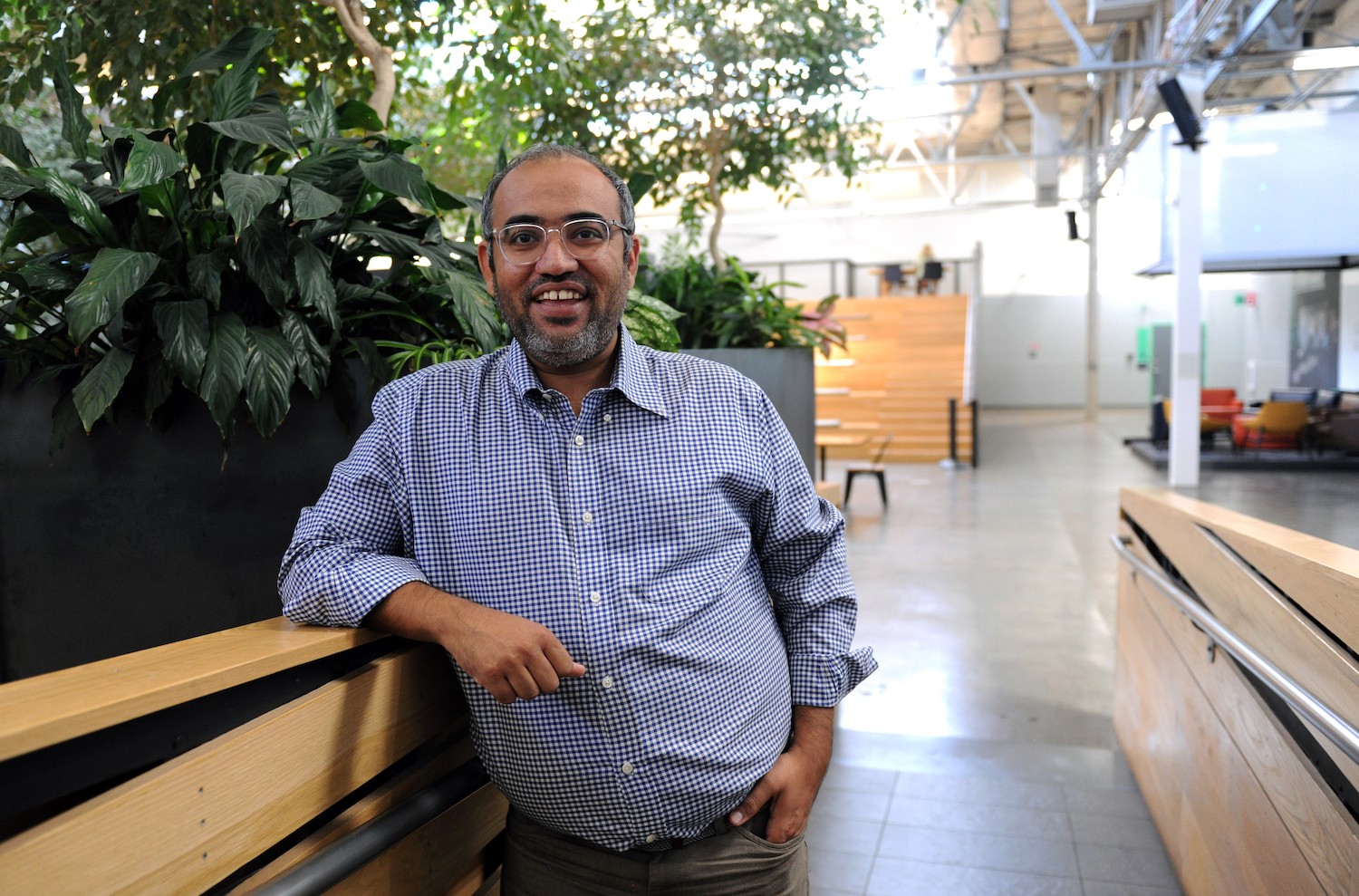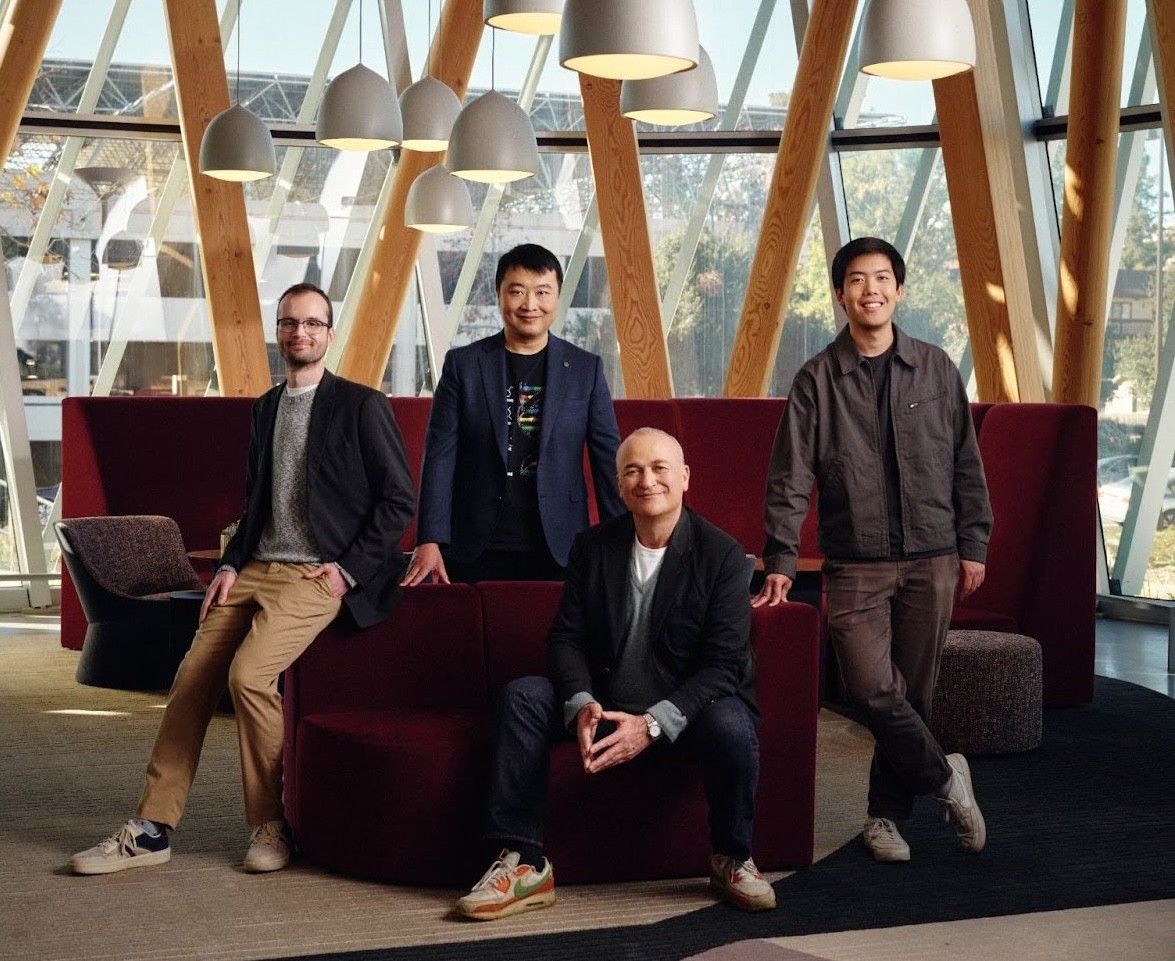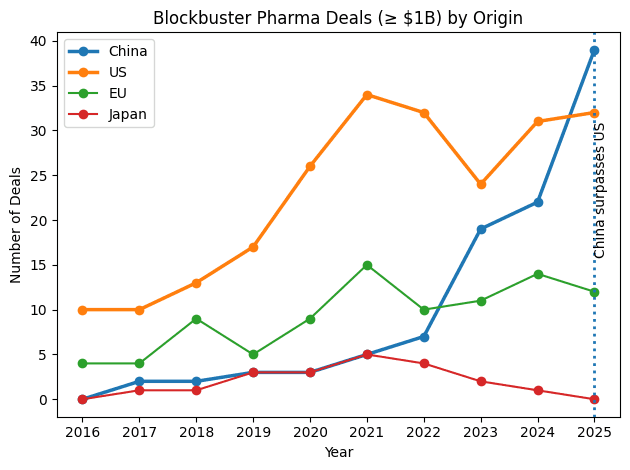Consumer Products
Synthetic Biology in Everyday Life: From Lab to the Beauty Counter
The synthetic biology industry’s overlooked success story: beauty and aesthetic medicine
[DALLE]
When asked about the most exciting potential consumer product applications, people often bring up fashion, textiles, bioplastics, packaging, and building materials, where synthetic biology solutions offer undisputed sustainability, climate, and ethical advantages. However, one specific segment often gets overlooked: cosmetics and aesthetic medicine.

We may not think of cosmetic ingredients as synthetic biology products, but many of them are. The molecules used in off-the-shelf and medical-grade beauty products include bioactive peptides, proteins like collagen and botulinum toxin, polysaccharides like hyaluronic acid, organic acids, and other biomolecules. These ingredients are made in (often engineered) cells using precision fermentation technology. Many have well-established markets and a steadily growing consumer demand, making them some of the most successful synbio products to date.
I chatted with Erin Kim, the Principal Owner of Erin Kim Consulting, who is chairing the Consumer Products track at SynBioBeta 2024. She had some interesting insights about the successes of synbio companies in the aesthetic medicine and beauty markets: “Aesthetics can be viewed as frivolous,” says Kim. “But biotech has struggled to consistently generate revenue. Having products and technologies that generate a consistent revenue stream is going to be really important—especially now when the market is contracting.”
The global aesthetic market was estimated at $70 billion in 2022 and is predicted to more than double by 2030. These include skincare ingredients, like collagen, squalene, and palm-oil-derived ingredients, as well as medical aesthetic products such as injectable fillers, peptides, and neuromodulators like Botox®. While the demand for these products keeps growing, there is a lot of opportunity for the biotech industry to drive advancements in aesthetic medicine by developing enhanced manufacturing processes that deliver exceptional quality standards and novel ingredients with enhanced performance and sustainability metrics.
Let’s take a look at a few specific ingredient categories that are made with synthetic biology.
Collagen
Collagen is one of the leading skincare ingredients because it’s the very molecule that gives our skin its structure and elasticity. According to Grand View Research, the global collagen market reached $17 billion in 2022 and is projected to climb to over $22 billion by 2027, growing at a CAGR of 5.42%. However, not all collagen is created equal. There are at least 29 kinds of collagen with distinct properties and functions. Although collagen can be derived from animal products, cosmetic applications require high-purity and quality collagen that is bioidentical to the one found in human skin. For instance, bioidentical recombinant type III collagen is incorporated into L’Oréal’s Age Perfect Collagen Royal Anti-Aging Face Cream.
There are multiple commercial manufacturers of recombinant human collagen for skin care applications, including U.S.-based biotech companies like Geltor, Modern Meadow and Jellatech, Chinese Trautec, and Canadian Liven Proteins, among others. Recombinant collagen produced with precision fermentation technology ensures high-purity products, precise control over collagen characteristics, robust processability, and enhanced safety features, such as being free from animal viruses and hypoallergenic. In addition, compared to animal-derived collagen, it has a reduced environmental impact.
Palm Oil
Palm oil may not be an active ingredient, but it is found in 70% of all cosmetics and personal care products. The global palm oil market was valued at $53.1 billion in 2022, and the demand for it continues to grow. However, palm oil production comes with many ethical and environmental concerns and contributes to the loss of biodiversity and essential habitats. This is why synthetic biology companies are working on creating sustainable alternatives to this omnipresent ingredient.

One of these companies is C16 Biosciences, which received a $3.5 million grant from the Bill and Melinda Gates Foundation to expand its Palmless™ platform. C16 recently launched its first Palmless product and has established collaborations with dozens of beauty brands. Other companies working on palm oil alternatives include Bay Area carbon capture startup Kiverdi, Wisconsin-based Xylome, San Diego’s Genomatica (backed by Unilever), and Ohio-based Locus Ingredients with near-zero carbon footprint palm-based ingredients substitutes.
Squalane
Another skincare power ingredient is squalane. Squalane, traditionally harvested from shark liver, has moisturizing, anti-aging, and brightening skin benefits. This prized ingredient is used in many cosmetic applications, but its ethical dark side turns many conscious consumers away from the products that contain it. Emyriville-based Amyris produces fermentation-derived bioidentical Neossance® squalane that appeals to clean beauty consumer brands.
Amyris uses its synthetic biology platform to convert sugarcane into squalane using engineered yeast. This process can save more than 2 million sharks annually by replacing shark-derived ingredients, offering superior purity and consistency for high-performance products. Amyris’ Neossance® Squalane is used by global beauty companies, including Givaudan, and powers its flagship clean beauty brand, Biossance™.
Bioactive Peptides
Arguably, one of the most commercially successful synthetic biology companies today is K18 Hair, which Unilever acquired in December 2023. Established in 2020 by Suveen Sahib and Britta Cox, K18 is one of the most innovative hair care brands today, gaining massive popularity among hair stylists and salon owners. Their secret ingredient is a peptide that was developed through biotechnology. The K18PEPTIDE™ uniquely matches the hair's keratin structure and repairs damage at a molecular level.

Ourself is a biotechnology-based skincare brand that also uses bioactive peptides but for skin. The company has developed a portfolio of patent-pending peptides called Intides™ that have unique skin benefits. The technology comes with a unique delivery method using multiphasic vesicles that enable the delivery of active ingredients into the inner layers of the skin without needles.
Precision Fermentation of Medical Injectables
Precision fermentation technology is used to manufacture aesthetic medicine injectables such as neuromodulators and hyaluronic acid. According to McKinsey, the aesthetics injectables market is expected to grow by 12-14% annually over the next five years. The use of injectables in aesthetic medicine is use expanding from affluent women over 40 to men and women in their 20s and 30s. Injectables are used not just in the face but other parts of the body for various aesthetic and medical purposes. One of the most prominent players in aesthetic injectables, Allergan, brought in $5.33 billion of revenue last year through its aesthetics portfolio.
Some of the most popular injectables are neuromodulators, approved by the FDA as a treatment for smoothing wrinkles and lines. Popular brands like BOTOX® (Allergan), Dysport® (Galderma), and XEOMIN® (Merz) are all based on the same active ingredient, botulinum toxin. This protein neurotoxin is produced in engineered Clostridium strains using precision fermentation. The manufacturing process for these ingredients is critical to ensure the quality and safety of injectables. These products are made by CMOs according to the strictest cGMP standards and undergo rigorous pharmaceutical microbiology testing.

Another popular aesthetic medicine injectable is hyaluronic acid, which is used as a filler for face and body contouring, as well as a skincare ingredient with moisturizing properties. Hyaluronic acid is produced in large quantities using fermentation with lactic acid bacteria. Lactic acid itself is used in cosmetics to adjust the pH, as well as a gentle exfoliant. Deoxycholic acid is another injectable used as the active ingredient in Allergan’s KYBELLA® for local fat reduction. Although deoxycholic acid can be synthesized chemically, enzyme-catalyzed production provides significant advantages in terms of quality and yield.
Cellular Agriculture
Let’s not forget about specialty ingredients made in animal cells. A Japanese cellular agriculture startup, IntegriCulture, has developed a cell-based egg-derived skincare ingredient, Cellament. IntegriCulture has demonstrated a range of skin benefits from egg-derived ingredients and uses them in its skincare line, L’Oeuf. The company just raised a $7 million Series B funding round to decrease the price of cultivated egg proteins. It is now working to improve active ingredient production through selective cultivation of different types of egg cells, like the amnion, yolk sac, or plasma membrane.
New Kinds of Functional Ingredients
Synthetic biology has a unique ability to make not just sustainable substitutes but entirely new classes of functional cosmetic and aesthetic medicine ingredients with improved properties. For example, Conagen is manufacturing retinol derivatives through precision fermentation that are just as effective but less irritant compared to traditional formulations. A synbio startup, Arcaea, is working on technology for a deodorant that harnesses the skin’s microbiome. Arcaea also launched the first synbio fragrance brand called Future Society, backed by investors like Chanel and Givaudan. Its scents are inspired by extinct plants and produced with sustainable synthetic biology ingredients.
San Diego-based Debut Biotech is working on a new generation of bioactive cosmetic ingredients, such as polyphenols, biopolymers, and natural colors, prized for their high-performance, anti-aging, and antioxidant properties. Debut has raised $40 million in a series B funding round led by BOLD, the venture capital fund of L'Oréal. Its first skincare brand, DEINDE, targets skin inflammation to curb aging using flavonoid naringenin. The startup’s extensive IP portfolio, powered by cell-free biomanufacturing, unlocks the ability to create over 7,000 high-value, sustainable ingredients.

Emerging Beauty and Aesthetic Medicine Trends
The consumer demand for cosmetics and aesthetic medicine products keeps growing, with consumers pushing for clean, sustainable, ethical, and effective products. Biotechnology has the solutions for all of these demands. Precision fermentation and enzyme chemistry enable manufacturing ingredients according to the principle of green chemistry, using renewable feedstocks and sustainable practices. Synbio technologies like skin models can accelerate the R&D process and reduce the need for animal testing. Perhaps most importantly, synthetic biology, in combination with AI, can help discover new, higher-performing ingredients and create customizable products.
This is a great opportunity to bring synthetic biology technologies to the masses. Yet, biotech companies need to consider consumer behaviors and preferences: “Companies are driven by logic, but consumers are not,” says Kim. She believes (citing K18 as an example) that synthetic biology needs to focus more on marketing and branding. Brand education can help consumers understand that they don’t need to sacrifice performance for sustainability. According to Allergan’s global trends report based on social media data, interviews, and industry research, there is a growing demand for personalized beauty treatments. Consumers are willing to pay more for precision ingredients and personalized products. This could be the moment to shine for synthetic biology.




















